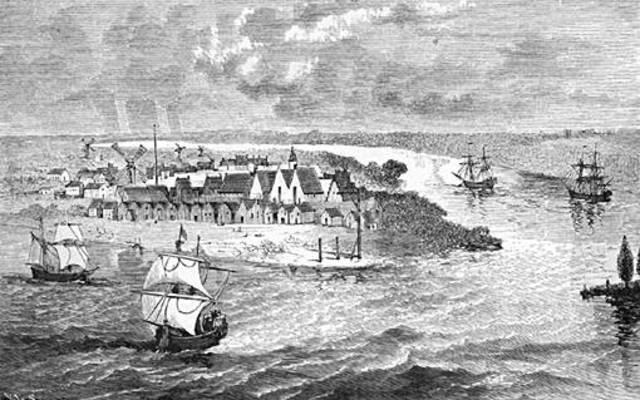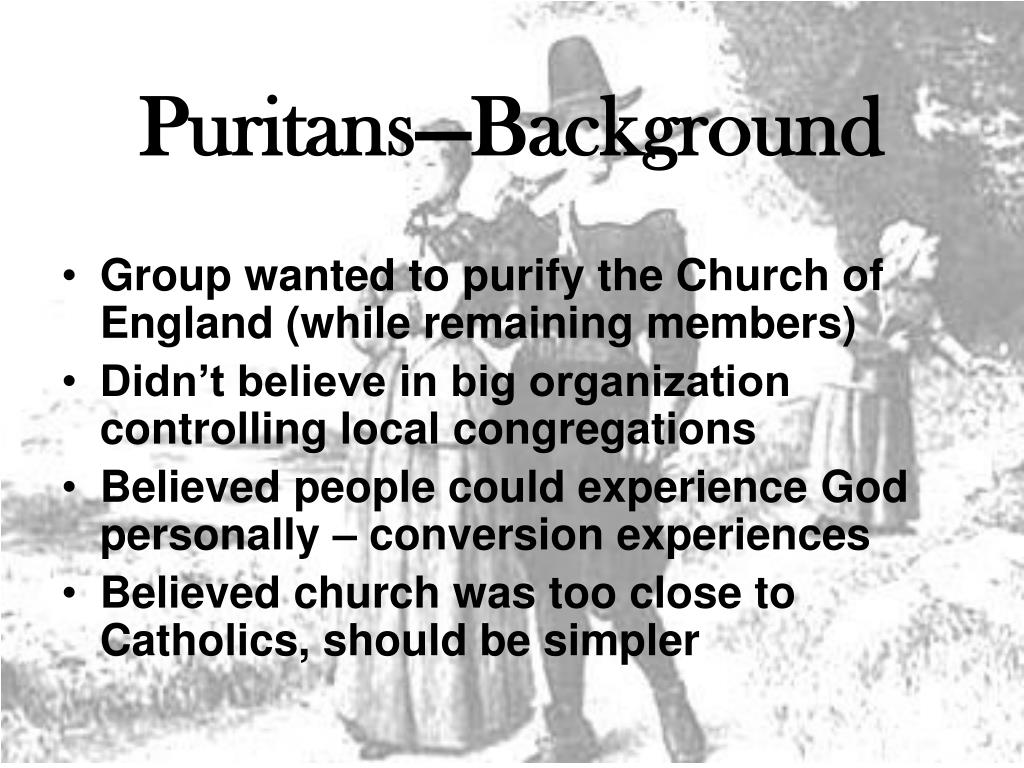
Cremin, distinguished scholar in the field of education, has said that during the colonial period the Bible was “the single most important cultural influence in the lives of Anglo-Americans.” Although there was a veneer of government involvement in some colo nies, such as in Puritan Massachusetts, early American education was essentially based on the principle of voluntarism. It was a system supported primarily by those who bought the services of education, and by private benefactors. The private system of education in which our forefathers were educated included home, school, church, voluntary associations such as library companies and philosophical societies, circulating libraries, apprenticeships, and private study.

In these two centuries, America produced several generations of highly skilled and literate men and women who laid the foundation for a nation dedicated to the principles of freedom and self-government.

Yet for two hundred years in American history, from the mid-1600s to the mid-1800s, public schools as we know them to day were virtually non-existent, and the educational needs of America were met by the free market. Having served the twelve-year sentence in government-controlled schools, most Americans view our present public school system as the measure of all things in education.

One of the main objections people have to getting government out of the education business and turning it over to the free market is that “it simply would not get the job done.” This type of thinking is due, in large measure, to what one historian called “a parochialism in time,” i.e., a limited view of an issue for lack of historical perspective.


 0 kommentar(er)
0 kommentar(er)
